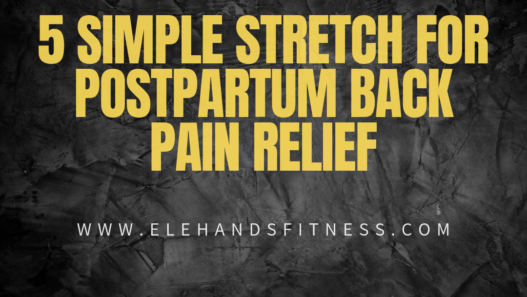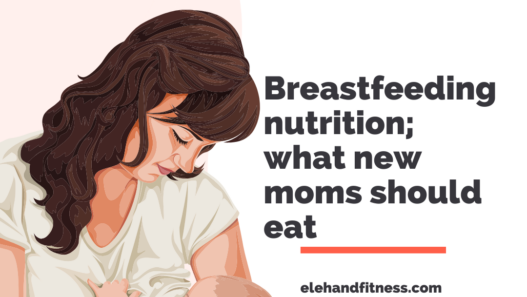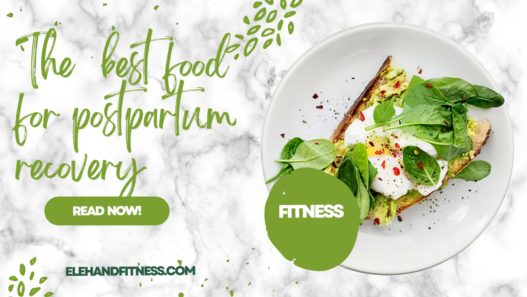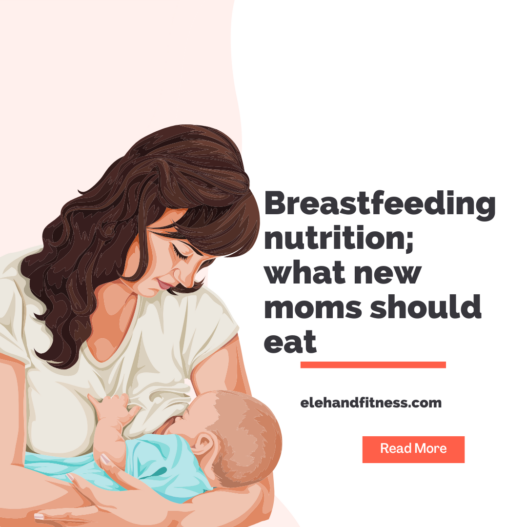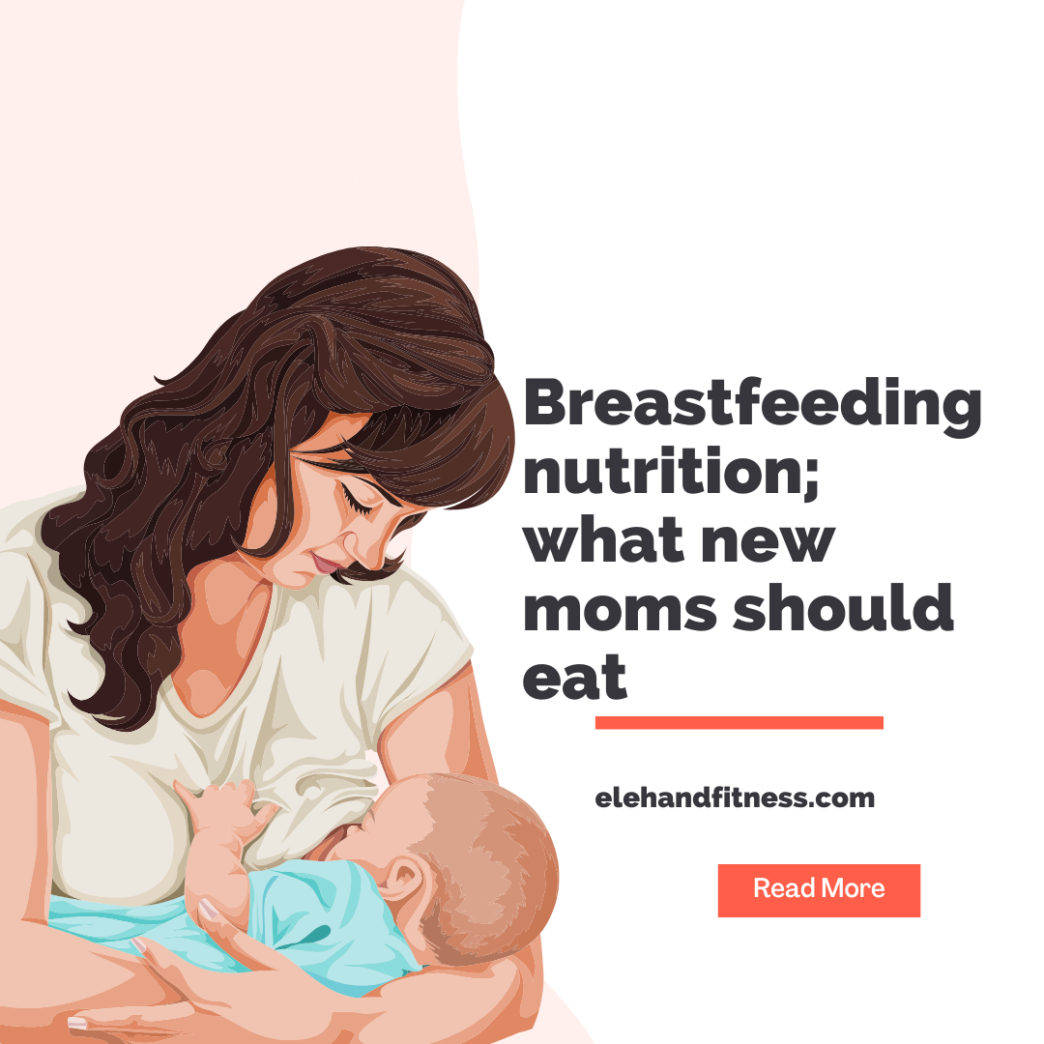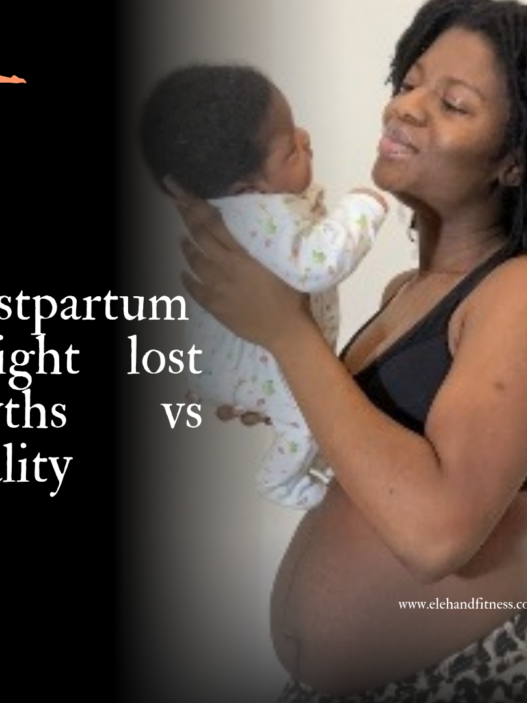Breastfeeding Nutrition: What New Moms Should Eat
Breastfeeding is a beautiful and nourishing experience, both for you and your baby. However, it’s also a time when your body needs extra care and nourishment. The food you eat plays a significant role in ensuring your baby gets the right nutrients through breast milk while keeping you strong and energized. Here’s a comprehensive guide to breastfeeding nutrition for new moms.
Why Nutrition Matters During Breastfeeding
Breast milk is packed with nutrients essential for your baby’s growth and development. Your body naturally prioritizes producing high-quality milk, but this can leave you feeling drained if you’re not consuming a balanced diet. Eating well helps:
Replenish your energy levels
Promote post-pregnancy recovery
Support milk production
Essential Nutrients for Breastfeeding Moms
- Protein
Protein supports milk production and helps repair tissues post-pregnancy.
Sources: Lean meats, fish, eggs, dairy, beans, lentils, tofu, and nuts. - Healthy Fats
Fats are crucial for your baby’s brain development. Focus on unsaturated fats and omega-3 fatty acids.
Sources: Avocado, nuts, seeds, olive oil, and fatty fish like salmon. - Calcium
Breastfeeding can deplete calcium from your body. Ensure you get enough to protect your bones.
Sources: Dairy products, fortified plant-based milk, leafy greens, and almonds. - Iron
Iron supports your energy levels and helps prevent anemia.
Sources: Red meat, poultry, spinach, lentils, and iron-fortified cereals. - Vitamin C
This boosts your immune system and enhances iron absorption.
Sources: Citrus fruits, bell peppers, strawberries, and tomatoes. - Vitamin D
Essential for your baby’s bone health and your own.
Sources: Fortified foods, fatty fish, egg yolks, and sunlight. - Hydration
Breastfeeding increases your need for fluids. Aim for at least 2-3 liters of water daily.
Tip: Keep a water bottle handy during nursing sessions.
Foods to Include in Your Diet
Whole Grains: Brown rice, oatmeal, and whole-grain bread provide sustained energy.
Fresh Fruits and Vegetables: These supply fiber, vitamins, and antioxidants.
Dairy or Alternatives: Milk, yogurt, cheese, or fortified plant-based options for calcium and protein.
Herbs and Spices: Fenugreek and fennel may boost milk production.
Foods to Limit or Avoid
Caffeine: Excess caffeine can make your baby restless. Limit to one or two cups of coffee daily.
Alcohol: Alcohol can pass into breast milk. If you drink, wait at least 2 hours before breastfeeding.
High-Mercury Fish: Limit fish like swordfish, king mackerel, and shark.
Highly Processed Foods: Minimize junk food, which offers little nutritional value.
Sample Meal Plan for Breastfeeding Moms
Breakfast
Whole-grain toast with avocado and boiled eggs
A glass of fortified orange juice
Snack
Greek yogurt with berries and a handful of almonds
Lunch
Grilled chicken salad with mixed greens, cherry tomatoes, and olive oil dressing
Quinoa or brown rice
Snack
Carrot sticks with hummus
Dinner
Baked salmon with sweet potato and steamed broccoli
Snack
A banana with peanut butter
Additional Tips for Breastfeeding Nutrition
- Listen to Your Hunger Cues: Breastfeeding burns extra calories, so eat when you’re hungry.
- Take Prenatal Vitamins: Continue your prenatal supplements to fill any nutritional gaps.
- Consult a Dietitian: If you have dietary restrictions, seek professional advice.
Conclusion
Your diet during breastfeeding doesn’t need to be perfect, but focusing on nutrient-rich foods will keep you and your baby thriving. Remember, your health matters too, so nourish yourself with love and care.
Would you like personalized meal ideas or recipes? Let me know!



